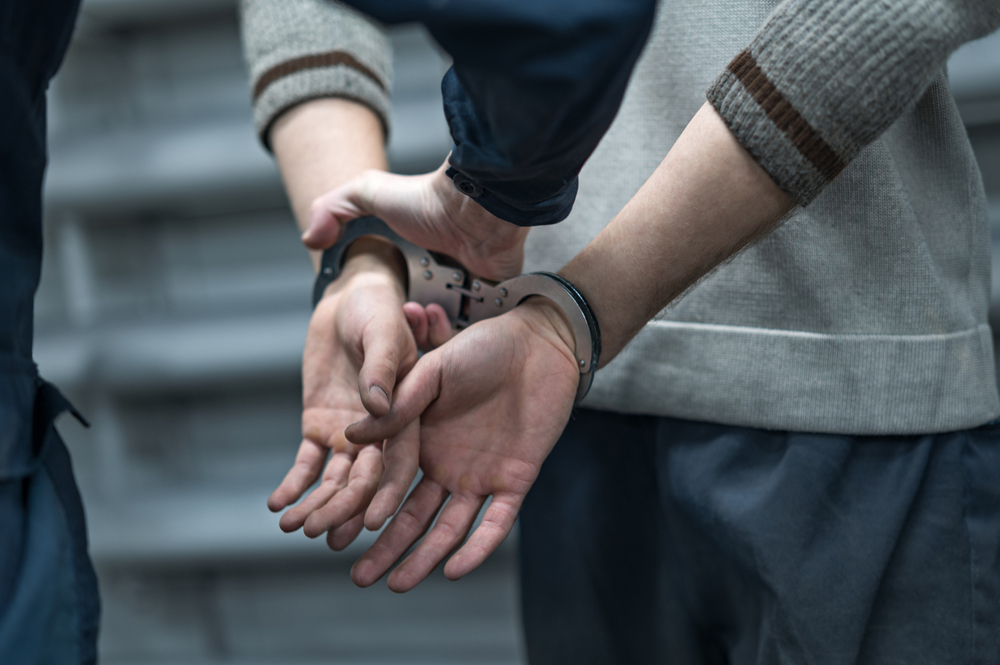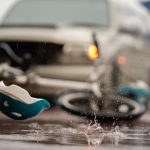Boating and BAC: Florida’s Laws on Boating Under the Influence
Exploring Florida’s picturesque waterways is an iconic pastime both locals and vacationers enjoy. However, amidst the allure of these adventures lies an often-underestimated danger: the combination of boating and alcohol consumption. In Florida, aquatic activities are integral to the lifestyle but boating under the influence (BUI) presents significant risks.
Understanding BUI Laws
Florida law explicitly prohibits operating a boat or using any boating equipment including water skis, sailboards, or any other similar device while under the influence of alcohol or drugs.
More specifically, anyone with a blood alcohol concentration (BAC) of 0.08% or higher is considered intoxicated. Additionally, a blood alcohol concentration of 0.05% – 0.08% coupled with unsafe behavior may also lead to charges of boating under the influence.
Now those numbers are for individuals over 21 years old, those under 21 cannot have any kind of alcohol in their system while operating a vessel. Moreover, operating a boat under the influence of any drug, including prescription medication, can also result in charges similar to DUI on land. Passengers who are 21 or over, can consume alcohol on a boat as long as they do not intend to drive the boat, engage in water sports, or operate any other boating accessories.
Law enforcement agencies including city or state police, the Coast Guard, and fish and wildlife officers have the authority to stop and detain boaters suspected of operating under the influence. However, to stop boaters, they must have probable cause to initiate stops but certain officers can conduct random safety checks without suspicion. It is also important to remember that in Florida, any person operating a boat is deemed to have given consent to test to determine any impairment by alcohol or drugs. Refusal to test can result in a $500 fine.
The Risks of Boating While Intoxicated
Beyond the physical effects of alcohol on an individual, other risks include:
- Increased Risk of Accidents: boating under the influence significantly raises the likelihood of accidents including collisions with other boats, stationary objects, or even swimmers.
- Capsizing or Falling Overboard: impaired balance and coordination increases the risks of both, especially when moving around on a boat or when a boat is moving.
- Hypothermia: cold water can exacerbate the effects of alcohol, leading to a higher risk of hypothermia.
- Increased Drowning Risk: alcohol impairs all physical abilities including swimming, making it hard to stay afloat if someone falls overboard.
- Environmental Impact: impaired boaters are commonly less attentive to environmental concerns such as avoiding sensitive habitats or preventing pollution, posing risk to marine ecosystems.
The Legal Consequences
Operating a boat under the influence of alcohol in Florida carries severe legal consequences and is equated to a DUI on land, resulting in comparable penalties such as fines, potential jail time, or suspended privileges. These measures are implemented to uphold safety standards on Florida’s waterways and ensure responsible boating practices. A person convicted of BUI will be subject to the following penalties:
First Offense
For the first offense of BUI, penalties typically include fines ranging from $500-$1,000 and a maximum of six months in jail. Most first-offense BUI charges are classified as second-degree misdemeanors. Judges are mandated to impose probation on first-time offenders, with the total duration of probation and jail time not exceeding one year.
Additionally, mandatory conditions of probation usually include completing 50 hours of community service and having the offender’s vessel impounded or immobilized for ten days.
Second Offense
For a second offense of BUI, penalties include fines ranging from $1,000-$2,000 and a maximum of nine months in jail. Second-offense BUI charges are categorized as second-degree misdemeanors. If the second offense occurs within five years of a prior BUI or DUI conviction, there is a mandatory minimum ten-day jail sentence, and the vessel will be impounded or immobilized for 30 days.
If the offender has a BAC of .15% or higher, or if there is a passenger under 18 onboard, the fines range between $2,000-$4,000 with possible imprisonment for up to 12 months.

Third Offense
For the third offense of BUI within 10 years, it is considered a third-degree felony with fines that can reach up to $5,000 and up to 5 years in prison, with a mandatory jail sentence of 30 days. If the third offense happens 10 years after the most recent conviction, then the offender faces up to 12 months in jail and fines ranging from $2,000-$5,000.
In all third-offense cases, the vessel will face impoundment or immobilization for 90 days. Offenders with a BAC of .15% or higher, or those with a passenger under 18, generally face a minimum $4,000 fine.
Fourth or Subsequent Offense
For a fourth or subsequent offense of BUI, the consequences escalate significantly. Regardless of the timeframe between offenses, each subsequent offense is treated as a third-degree felony. This classification carries severe penalties including potential imprisonment for up to five years and fines starting at a minimum of $2,000 per offense.
Choose Sober Boating
Overall, boating under the influence in Florida poses serious risks that cannot be overstated. Operating a boat while intoxicated not only endangers your own safety but also jeopardizes the lives of others in the water.
Florida’s stringent BUI laws reflect the state’s commitment to safeguarding its waterways and ensuring responsible boating practices. Violating these laws can result in steep penalties, harsh legal consequences, and life-threatening scenarios. Beyond this, BUI incidents can have devastating consequences for marine environments and ecosystems. To enjoy Florida’s beautiful waterways responsibly and safely, it is imperative to prioritize sober boating practices and adhere to all BUI regulations rigorously.



